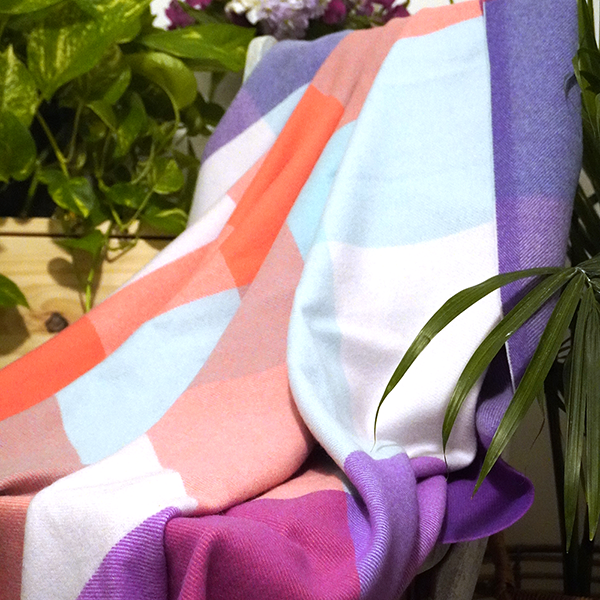As consumers become increasingly conscious of their purchasing decisions, they are prioritizing sustainability and ethical practices in the products they buy. In Mongolia, centuries of nomadic lifestyle and herding practices have cultivated a unique approach to sourcing raw materials sustainably.
Our nomadic herders move with the seasons, allowing the land to rest and regenerate naturally. This traditional lifestyle minimizes carbon footprints compared to permanent settlements and farming practices, which are known to contribute significantly to carbon emissions—research shows that permanent settlements and farming lead to 30% of global carbon emissions. Furthermore, such practices also result in a staggering 60% loss of biodiversity in affected areas and the utilization of 70% of clean water resources.
The Responsible Nomad code of conduct guides Mongolian herders in preventing land degradation and ensuring the ethical treatment of their livestock. Developed in collaboration with the Swiss Agency for Development and Cooperation, XacBank, and the Mongolian National Federation of Pasture User Groups, this traceability system guarantees that raw materials meet strict criteria for rangeland and animal health, welfare, herding practices, and product quality.
Following years of research on Mongolia’s diverse landscapes, the organizations identified several distinct types of fields, including desert, dry, forest, and meadow fields. Utilizing this knowledge, they developed a rotating schedule for herders, allocating specific lands for grazing at designated times. This strategic approach mitigates the risk of overuse in any one area, preserving the grasslands and enabling animals to graze freely without causing harm to the ecosystem.
Moreover, Mongolia boasts a remarkably diverse array of grasslands, featuring a variety of native plants endemic to the steppes. Grazing animals in these regions feed on over 50 different nutritious and wholesome plant species , facilitating their natural growth and reducing the incidence of illness compared to animals in captivity. Furthermore, the animals remain unstressed in their natural habitat. Consequently, raw materials sourced from these animals exhibit exceptional quality and pose no harm for humans.
Hunnu Fashion, one of our partner brands embodies this commitment to ethical sourcing, sourcing leather directly from herders who adhere to the Responsible Nomad standards. Each piece of leather used in their products is not only of superior quality but also reflects sustainable and humane practices. Customers can trace the origin of their Hunnu Fashion product through a unique QR code, which provides access to a certificate, reference, and photo of the herder. By supporting these herders, Hunnu Fashion preserves traditional nomadic lifestyles and promotes environmental conservation.
The result? Leather goods renowned for their durability, craftsmanship, and ethical integrity. Each item tells a story of responsible production and cultural preservation, becoming cherished possessions that accompany their owners through years of adventures.
By partnering with Hunnu Fashion, we offer customers exquisite leather goods that also advocate for sustainability and ethics in the fashion industry. Invest in products that align with values of social and environmental responsibility, contributing to a more sustainable future for all.




